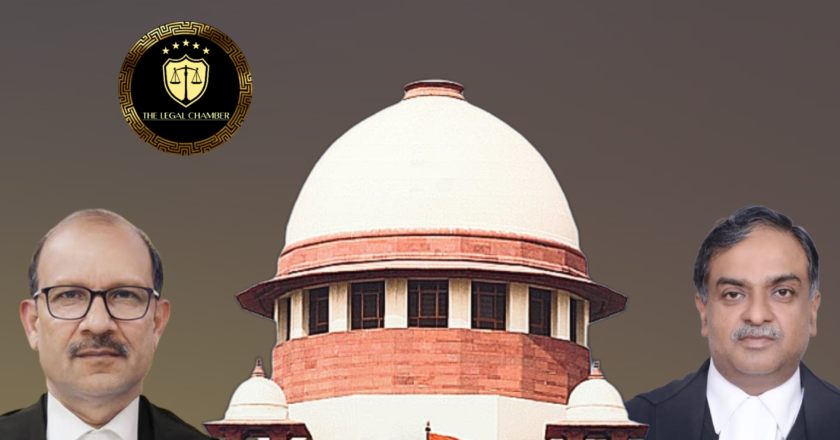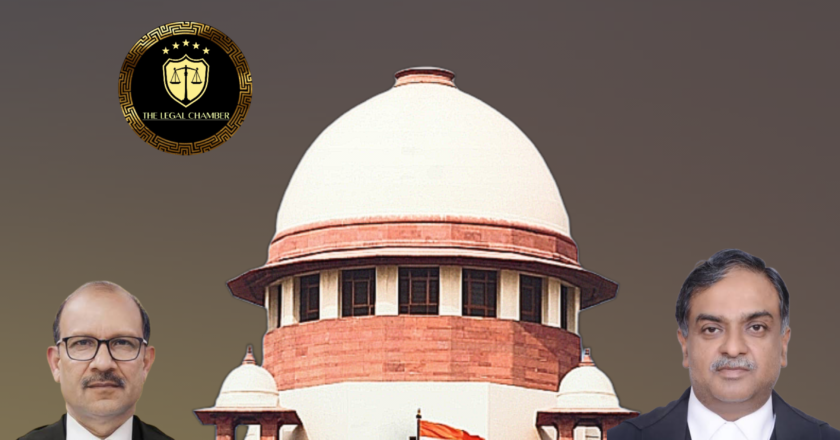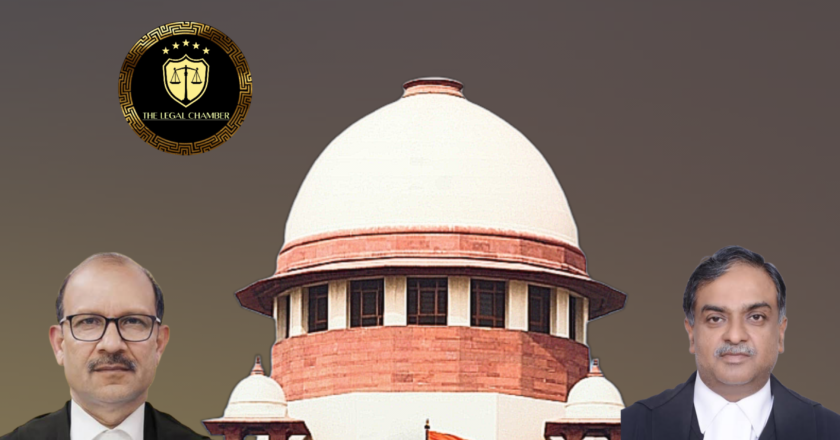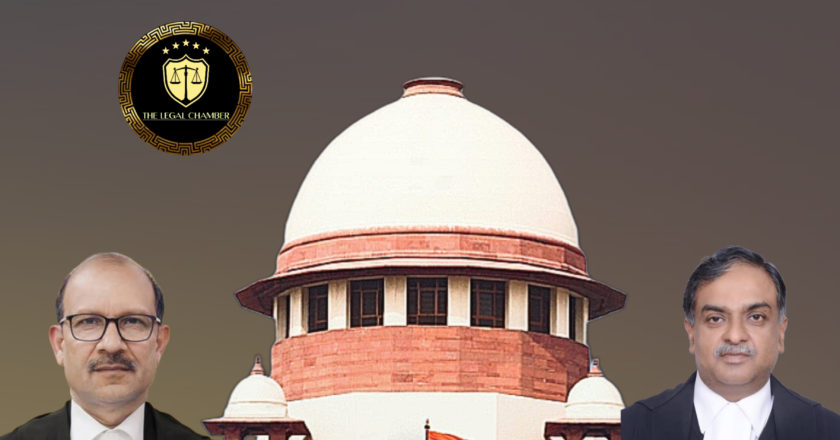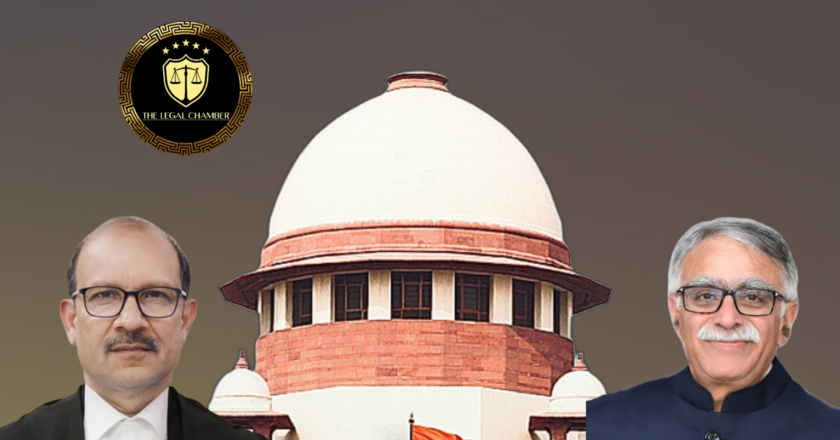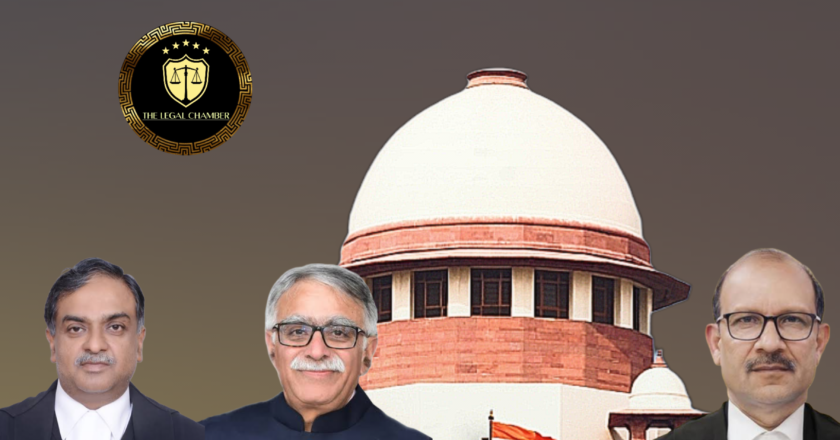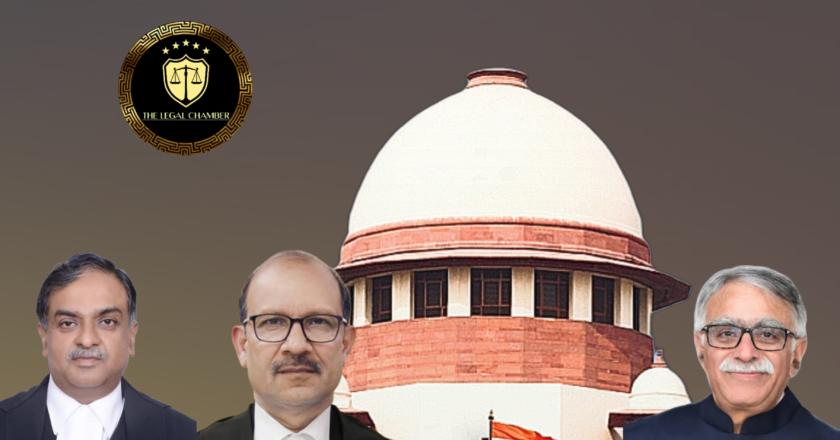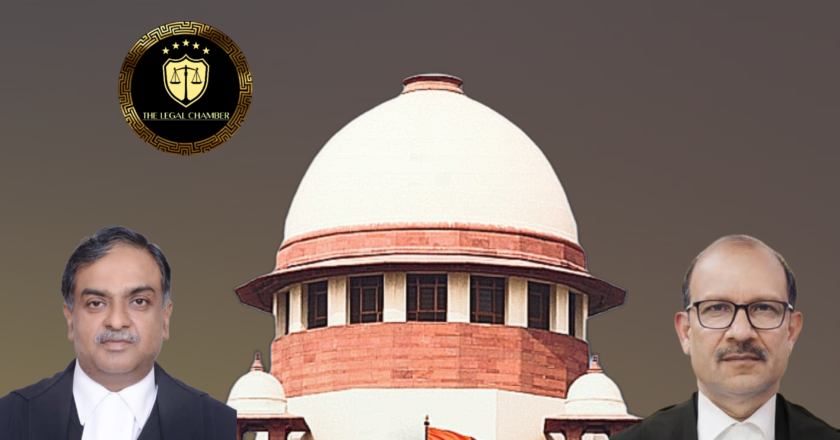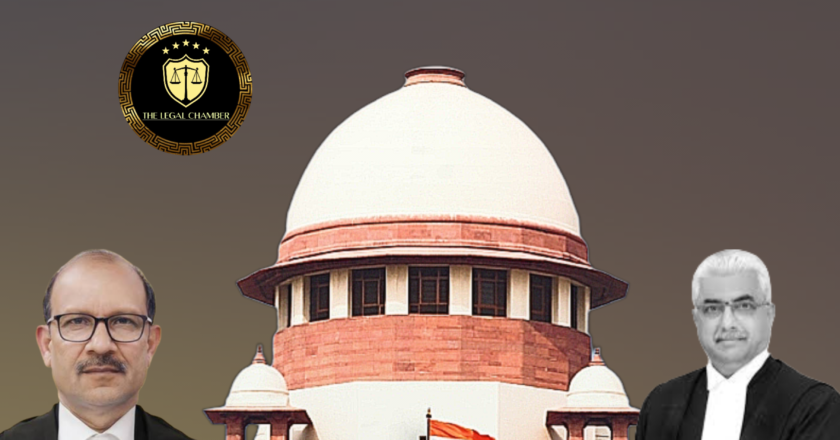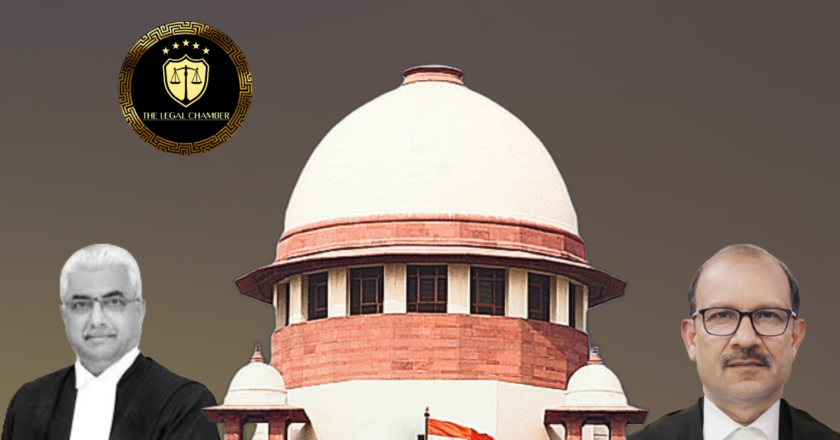Supreme Court Halts Transfer of Investigation to CBI, Calls High Court’s Order Illegal
The Supreme Court held that a High Court cannot review or recall its own order under the inherent powers of Section 482 CrPC (Section 528 BNSS) once it has attained finality. Such power is barred by Section 362 CrPC, which only permits the correction of clerical errors. The Court quashed the impugned orders directing transfer of investigation to the CBI as they amounted to an impermissible review.
Facts Of The Case:
The complainant, Parmeshwar Ramlal Joshi, a granite mining businessman, alleged criminal intimidation, theft, and criminal conspiracy by accused individuals, including a former Revenue Minister. Following his complaint, FIRs were registered. Dissatisfied with the local police investigation, which filed a negative report in one case, he approached the Rajasthan High Court seek...
